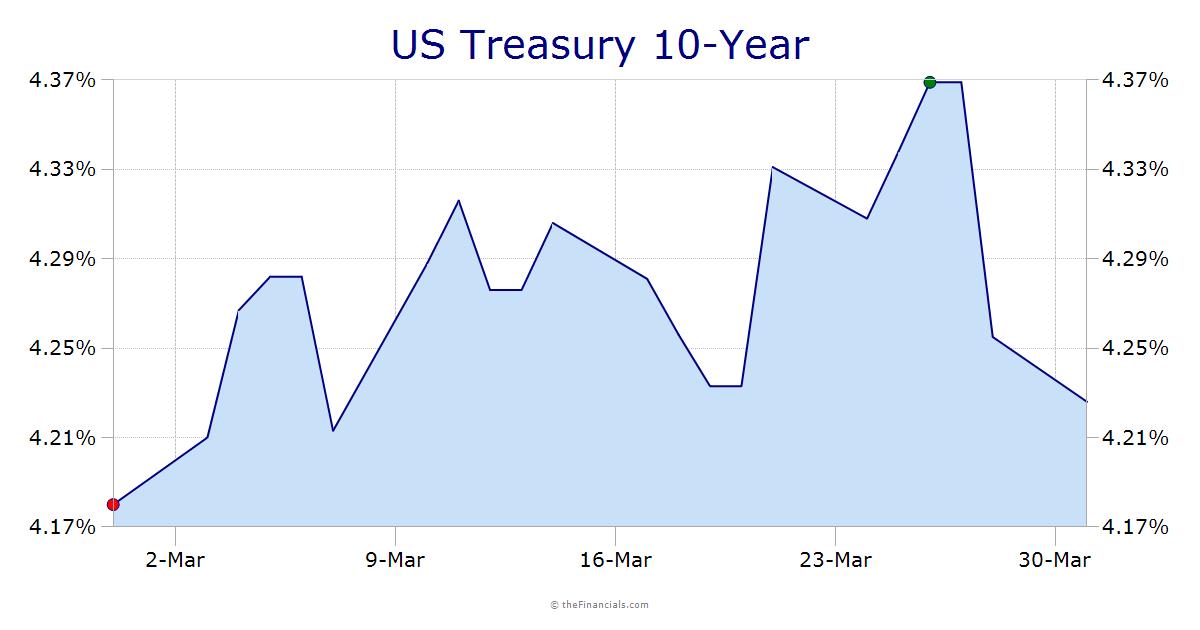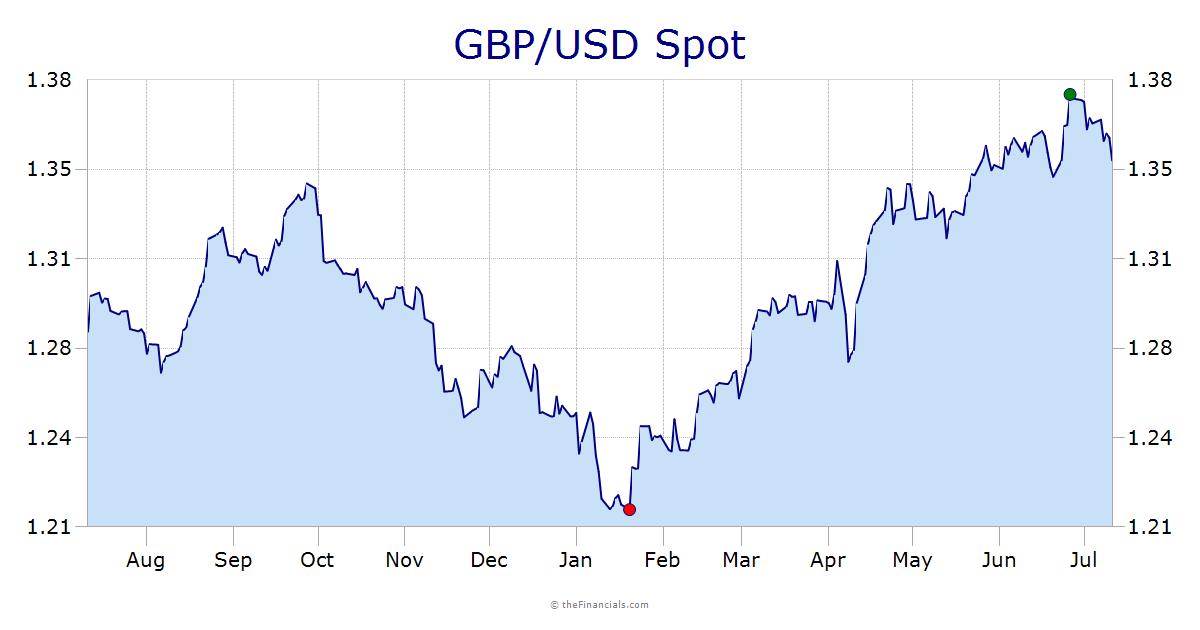Call options
Call options give the buyer the right (but not the obligation) to buy the underlying stock at a specified price on or before a specified date (expiry date). The price specified in the option contract is referred to as a strike price or exercise price. As a buyer of call options, you are hoping for the value of the underlying stock to rise. An increase in the price of the underlying stock will result in an increase in the value of
your options.
The seller of call options receives a premium for taking on the obligation to sell the underlying stock to the buyer of the options at the strike price if the buyer decides to exercise the option before expiry. If the buyer exercises the option, the seller must sell the underlying stock to the buyer at the strike price. If the buyer does not exercise the option, the seller simply retains the premium and the obligation expires with the option on the expiry date.
Put options
Put options give the buyer the right (but not the obligation) to sell the underlying stock at a specified price (strike price) on or before the expiry date. As a buyer of a put option, you are hoping the value of the underlying stock will fall as this will result in an increase in the value of your options. The seller of a put option receives a premium for granting this right to the buyer. If the option is exercised, the option seller must buy the underlying stock at the strike price.
















0 comments:
Post a Comment